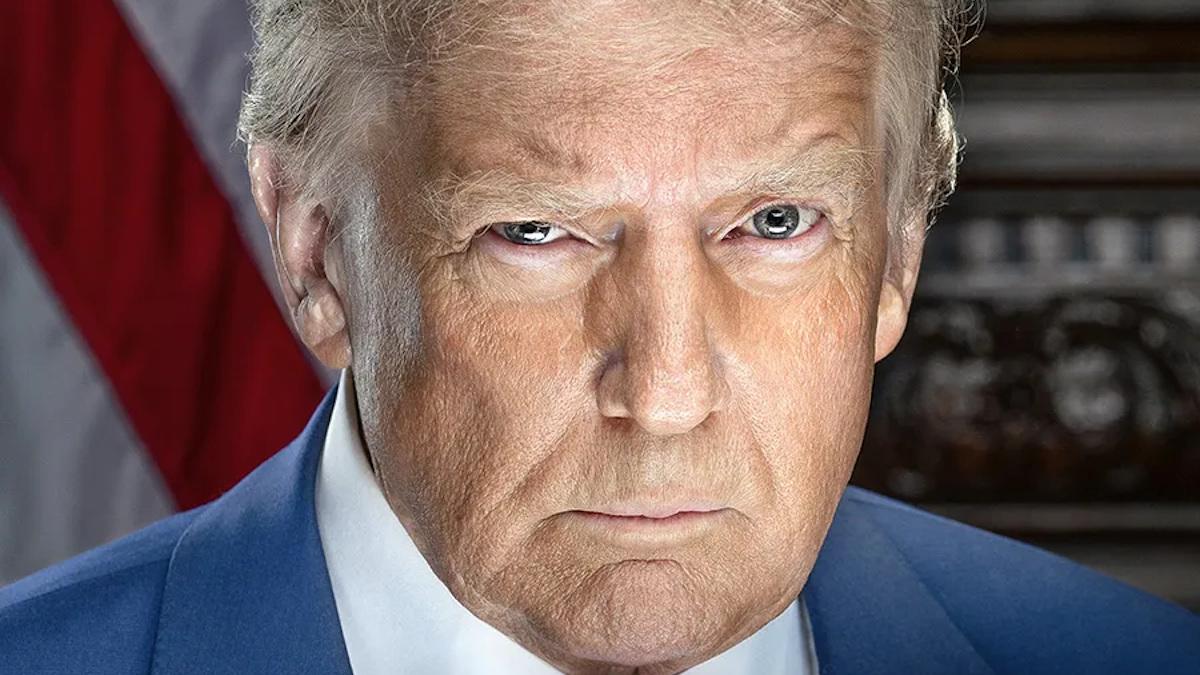The US Senate has passed Trump's budget – what comes next?

The US Senate narrowly passed President Donald Trump's tax and spending bill after weeks of horse-trading, hours of debate and amendment, and an ugly spat between the President and former advisor Elon Musk.
The One Big Beautiful Bill Act (OBBBA), which passed (PDF) by a 51-50 vote with Vice President JD Vance casting the tie-breaker, now heads back to the House of Representatives for further deliberation and another vote. Trump has said he wants a final version of the legislation on his desk for signing by Friday, 4th July.
From a healthcare perspective, the headline impact of the OBBBA is additional restrictions and requirements to qualify for Medicaid, insurance used by low-income families and the disabled, which the non-partisan Congressional Budget Office (CBO) has estimated could result in 11.8 million people losing coverage over the next 10 years.
Along with the loss of coverage, the CBO has said that the loss of funding will also affect hospitals in deprived – often rural – areas that disproportionately rely on federal cash for their operations.
There are also changes to the way other forms of health coverage are regulated. For example, there would be a narrower window for signing up to federally-subsidised private insurance plans, a block on automatic re-enrolment, and stricter controls on the federal subsidies that make the plans affordable, which could leave people paying full price for policies while their eligibility for reduced rates is assessed.
Overall, the measures would cut $1.1 trillion off national healthcare spending over the next decade, according to the CBO, with the bulk of that coming from the Medicaid cuts.
Moreover, with the expiration of federal subsidies for Affordable Care Act (ACA) coverage looming at the end of this year, the number of Americans finding themselves without insurance could be as many as 17 million, according to health policy think tank KFF.
Away from health, the bill would make permanent big tax cuts – considered to mainly benefit the rich – that were put in on a temporary basis by Trump in his first term, along with increased spending on border security, defense, and energy production. According to the CBO, the OBBBA will add an estimated $3.3 trillion to the US national debt.
The passage of the bill in the Senate has renewed a feud between Trump and former ally Musk, once head of the inaptly named Department of Government Efficiency (DOGE), who said: "Every member of Congress who campaigned on reducing government spending and then immediately voted for the biggest debt increase in history should hang their head in shame!"
In yet another sign of Musk's interference in politics, he has threatened to bankroll the campaigns of lawmakers who challenge Republicans who backed the bill in the midterm elections.
Trump hit back by threatening to task DOGE with cutting the generous federal funding provided to some of Musk's companies like Tesla and SpaceX, saying that the department "is the monster that might have to go back and eat Elon. He gets a lot of subsidies."












